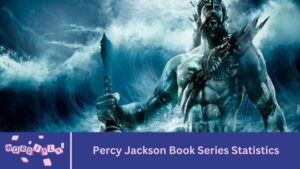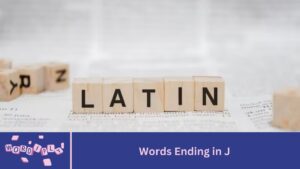Crossword puzzles offer more than just entertainment; they challenge the mind and sharpen problem-solving skills. For those who thrive on tough challenges, hard crossword puzzles are the ultimate test of wit and perseverance. These puzzles demand more than basic word knowledge — they require a knack for clever clues, a broad vocabulary, and the ability to think outside the box.
Engaging with challenging crosswords can boost memory, improve focus, and provide a deep sense of satisfaction once solved. If you love the thrill of tackling complex puzzles and crave a mental workout, you’re in the right place. In this article, we’ve compiled a list of some of the most difficult crossword puzzles to test your skills and push your cognitive abilities to their limits. Get ready to dive in and discover puzzles that will truly challenge even the most experienced solvers.
Why Hard Crossword Puzzles Are Worth Trying
Appeal for Enthusiasts
Hard crossword puzzles offer a unique appeal for puzzle enthusiasts. For those who love a challenge, they provide an opportunity to push boundaries, test their knowledge, and enjoy the thrill of solving complex clues. Unlike easier puzzles, these crosswords often feature tricky wordplay, obscure references, and multi-layered clues that require deep thinking and creativity. This makes the solving process more engaging and rewarding, giving puzzle lovers a sense of accomplishment when they finally crack a tough clue or complete an entire grid.
Mental Benefits
Difficult crossword puzzles provide numerous cognitive benefits. Regular engagement with challenging puzzles helps enhance critical thinking and problem-solving skills. They require solvers to think outside the box, use logic, and apply deductive reasoning. Working through these puzzles also improves vocabulary and general knowledge, as solvers encounter new words, historical references, and cultural facts. Moreover, studies suggest that mentally stimulating activities like solving hard crosswords can improve memory retention and may help delay age-related cognitive decline.
Sense of Accomplishment
There’s a deep sense of satisfaction that comes from completing a hard crossword puzzle. Unlike simpler puzzles, where answers may come easily, challenging crosswords demand time, patience, and perseverance. The joy of successfully finding the answer to a particularly cryptic clue or completing a grid without help is immensely gratifying. This feeling of accomplishment boosts confidence and encourages individuals to take on more challenging puzzles, building a sense of achievement and personal growth over time.
Fun and Engagement
Despite their difficulty, hard crossword puzzles are fun and highly engaging. They keep solvers entertained, providing a form of mental escapism. Many enthusiasts enjoy the mental workout and the creative stimulation they get from tackling tricky clues or deciphering puns. These puzzles also serve as a great pastime, offering hours of entertainment whether you’re commuting, relaxing at home, or taking a break. The diversity of themes and wordplay keeps the experience fresh and exciting, ensuring that no two puzzles are ever the same.
By emphasizing these points, you make a strong case for why readers should consider trying harder crossword puzzles. They aren’t just a hobby but a rewarding and beneficial mental exercise that keeps the mind sharp and engaged.
Top Sources for Hard Crossword Puzzles
Here’s a breakdown of what this section covers:
1. New York Times Crossword
- Description: The New York Times crossword is renowned for its high-quality puzzles that range from easy on Mondays to extremely challenging by Saturday. The Sunday puzzle, though larger, also poses a unique challenge due to its thematic nature.
- Why It’s a Top Source: It’s famous among crossword fans for its escalating difficulty and clever clues. It’s considered the gold standard of crosswords and offers a daily dose of mental exercise that gets progressively tougher as the week advances.
2. The Guardian Cryptic Crossword
- Description: The Guardian offers a daily cryptic crossword that is particularly challenging because of its use of cryptic clues, which require solvers to think beyond the literal meaning.
- Why It’s a Top Source: Cryptic crosswords from The Guardian are highly regarded for their intricate wordplay, subtle humor, and complex clues. They are perfect for those who enjoy a more intellectually stimulating puzzle experience.
3. The Wall Street Journal Crossword
- Description: The Wall Street Journal features daily crosswords that increase in difficulty throughout the week, with Saturday’s puzzles being the most challenging.
- Why It’s a Top Source: These puzzles often come with unique themes and wordplay, providing a diverse range of challenges. The Wall Street Journal is noted for its variety and the cleverness of its clues, making it an excellent source for difficult puzzles.
4. LA Times Crossword
- Description: The LA Times crossword puzzles are known for their high-quality construction and engaging clues. They also range from easy to hard as the week progresses, with later week puzzles being the most difficult.
- Why It’s a Top Source: Puzzles from the LA Times are appreciated for their creativity and variety. They often include obscure references and clever wordplay that provide a satisfying challenge for seasoned solvers.
5. Online Puzzle Websites
- Description: There are several online platforms like Crossword Nexus, PuzzleMe, and Crossword Fiend that offer a range of challenging puzzles, from standard crosswords to more unique and difficult formats.
- Why It’s a Top Source: Online platforms provide access to a vast collection of crosswords from various creators, including both traditional and themed puzzles. They often allow users to select difficulty levels, ensuring that there is always something to challenge even the most experienced solvers.
This approach also encourages readers to explore different types of crossword puzzles, which can enhance their skills and add variety to their puzzle-solving routine.
Tips for Solving Hard Crossword Puzzles
1. Start with the Easy Clues
- Explanation: Begin solving a puzzle by filling in the clues you find easiest. These answers serve as a foundation, giving you letters and words that intersect with harder clues.
- Why This Helps: Getting some answers early on provides hints for tougher clues, as every letter filled in can make solving adjacent words easier.
- Example: If you know a three-letter word for “cat sound,” (e.g., “meow”) and that gives you the first letter of a longer word, that can trigger your memory or make solving that word simpler.
2. Look for Patterns and Common Words
- Explanation: Identify patterns and recognize common crossword answers. Some words, like “era,” “eel,” “ale,” and “ore,” appear frequently due to their vowel and consonant combinations.
- Why This Helps: Familiarity with these words can speed up solving. Recognizing common suffixes (like “-ing” or “-ed”) or prefixes (“re-” or “un-”) can also provide clues.
- Example: Spotting that a clue might end in “-ing” (e.g., “Cooking method” could be “grilling”) allows you to focus on the beginning part of the answer.
3. Use a Crossword Dictionary or Solver Tool
- Explanation: In particularly tough situations, consider using a crossword dictionary or an online solver tool to find potential answers for tricky clues.
- Why This Helps: These tools can help when you’re stuck or when you’re new to solving harder puzzles and need assistance learning common answers and word patterns.
- Example: You might use a crossword dictionary to find words that fit “A four-letter word for ‘famous soprano’ with an ‘A’ as the second letter.”
4. Practice Regularly
- Explanation: Regular practice is key to improving your skills and getting better at solving harder puzzles. The more puzzles you do, the more patterns, wordplay, and clue types you’ll recognize.
- Why This Helps: Like any skill, regular practice builds familiarity, speed, and confidence. It helps you learn different puzzle creators’ styles and the typical tricks they use.
- Example: Set aside time each week to solve one or two crosswords. Track your progress to see improvement over time, and gradually attempt more challenging puzzles.
Each tip is designed to empower readers to approach tough crossword puzzles more strategically, with confidence, and a better chance of solving them successfully. This section gives actionable advice that enhances the readers’ experience and enjoyment, making it easier to tackle even the most challenging puzzles.
Themed Hard Crossword Puzzles for Extra Fun
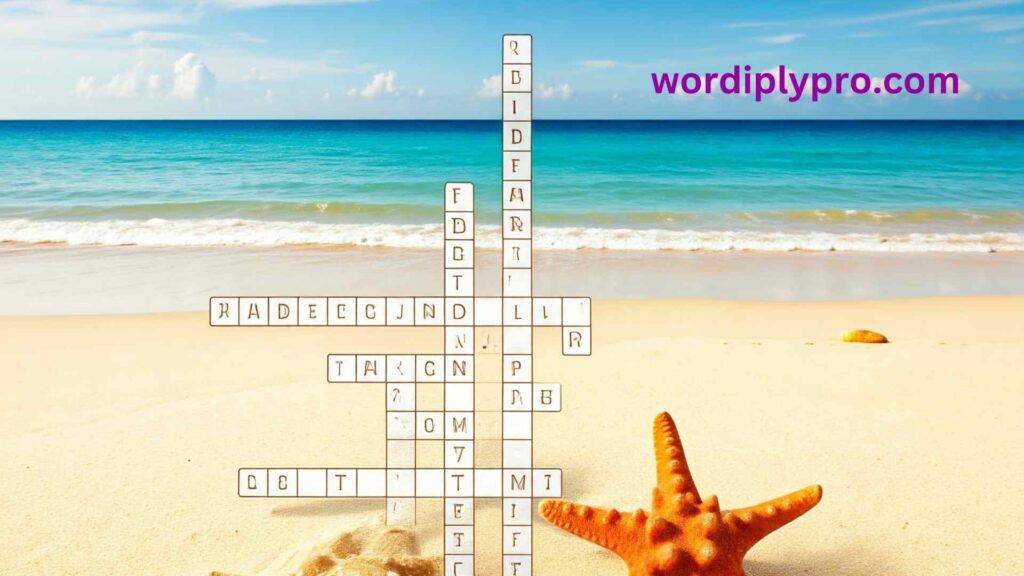
1. Holiday-Themed Crosswords
- These are crossword puzzles centered around specific holidays, such as Christmas, Halloween, Easter, or Thanksgiving.
- Clues and answers in these puzzles often relate to the holiday’s traditions, customs, symbols, and festivities. For instance, a Christmas-themed puzzle might include clues about carols, famous holiday movies, or traditional foods.
- Emphasize how these puzzles can add a festive spirit to the challenge, making them perfect for enjoying alone or with family and friends during holiday seasons.
2. Historical and Pop Culture Puzzles
- This sub-section introduces puzzles that draw inspiration from historical events, famous personalities, or elements of pop culture such as movies, music, and literature.
- For example, a crossword might focus on Ancient Rome, the Renaissance, or famous works of Shakespeare, requiring solvers to have knowledge in these areas.
- Pop culture puzzles could be based on trending topics, classic films, iconic musicians, or popular TV shows, appealing to fans who enjoy connecting with their favorite subjects.
- Highlight how these puzzles provide an opportunity to learn new things or test one’s expertise in niche topics while solving challenging clues.
3. Cryptic Crosswords
- Cryptic crosswords are a special category known for their complex and often ambiguous clues. Each clue is like a mini-puzzle, requiring solvers to think laterally and creatively.
- Unlike traditional crosswords, cryptic crosswords use wordplay, anagrams, homophones, and double meanings, making them particularly tough to crack.
- Explain that these puzzles often have themes related to word games themselves, such as puns, word tricks, or even entire clues that form a narrative.
- Emphasize that for seasoned crossword enthusiasts, cryptic puzzles offer a unique challenge and a satisfying experience once solved.
The Community Aspect of Crossword Puzzles

Online Communities and Forums:
- Describe how various online communities, forums, and social media groups have formed around a shared love of crossword puzzles. Platforms like Reddit, Discord, and specialized websites (like the New York Times Crossword blog) have spaces where enthusiasts discuss clues, share solutions, and debate tricky answers.
- Mention that these communities are welcoming spaces for both beginners and seasoned solvers. They often provide guidance, tips, and support for people tackling particularly hard puzzles.
Collaborative Solving:
- Highlight how solving puzzles can be a social activity. Friends and family members often work together to solve crosswords, especially the harder ones, combining different areas of knowledge and perspectives to crack difficult clues.
- Some online platforms allow for collaborative solving, where users can work on the same puzzle in real-time, enhancing the social and communal aspect of the activity.
Crossword Tournaments and Competitions:
- Introduce the concept of crossword tournaments and competitions, like the American Crossword Puzzle Tournament (ACPT), where solvers from around the world come together to test their skills against each other.
- Discuss how these events provide an opportunity for solvers to meet like-minded people, share strategies, and learn from top solvers. They also create a sense of camaraderie and belonging within the crossword community.
Puzzle Creation and Sharing:
- Explain that many enthusiasts enjoy not just solving but also creating their own puzzles. Communities often share user-created crosswords, allowing for a creative exchange and appreciation of different styles and difficulty levels.
- Encourage readers to get involved by creating their own puzzles and sharing them with others or solving puzzles made by community members.
Engaging with Puzzle Makers:
- Talk about how many crossword constructors (the people who create puzzles) engage directly with the community through social media, blogs, and even live solving sessions. This interaction adds a personal touch, allowing solvers to connect with the creators behind their favorite puzzles.
Social Media and Hashtags:
- Mention the use of social media platforms like Twitter and Instagram, where hashtags such as #CrosswordPuzzle, #CrosswordCommunity, and #CrypticCrosswords bring solvers together, creating virtual communities where people share experiences, solve together, and celebrate milestones.
Conclusion
Challenging yourself with hard crossword puzzles sharpens your mind, enriches your vocabulary, and brings a sense of achievement with every solved clue. Whether you prefer cryptic crosswords or themed puzzles, there’s always a new challenge waiting. Dive into these tricky puzzles, enjoy the process, and embrace the joy of solving. Share your favorite crosswords or experiences with us, and keep exploring more to master the art of crossword-solving!
FAQ’s
1.What makes a crossword puzzle “hard”?
Hard crossword puzzles typically feature more obscure words, complex clues, and challenging themes that require a broad vocabulary and knowledge across various topics.
2.How can I find hard crossword puzzles online?
Websites like the New York Times, The Guardian, and dedicated puzzle sites like Crossword Nexus or PuzzleMe offer difficult puzzles designed to challenge experienced solvers.
3.Are hard crossword puzzles good for the brain?
Yes, solving hard crossword puzzles can improve cognitive skills, enhance memory, and provide a mental workout that keeps the brain sharp.
4.What are some tips for solving hard crossword puzzles?
Start with easier clues to fill in letters, look for common crossword words or patterns, and use reference tools when needed. Practice regularly to build your skills.
5.Why do people enjoy solving hard crossword puzzles?
Many enjoy the challenge, the sense of achievement when completing a tough puzzle, and the opportunity to learn new words and facts.
6.What are cryptic crosswords, and why are they considered hard?
Cryptic crosswords feature clues with wordplay, hidden meanings, and anagram elements, making them more complex than standard crosswords.
7.Can I improve my crossword-solving skills over time?
Yes, like any skill, practice and familiarity with puzzle patterns, clues, and word usage can significantly improve your crossword-solving abilities.
8.What are some popular sources for hard crossword puzzles?
The New York Times Crossword, The Guardian Cryptic Crossword, The Wall Street Journal Crossword, and The LA Times Crossword are popular sources for challenging puzzles.
9.How often are new hard crossword puzzles published?
Many publications, like The New York Times, release new crosswords daily, with varying levels of difficulty throughout the week.
10.What should I do if I get stuck on a hard crossword clue?
Take a break and return later, look for crossing answers that might help, or use a crossword dictionary or online tool to assist with difficult clues.
11.Do I need to be an expert to solve hard crossword puzzles?
Not necessarily. Anyone can attempt hard puzzles, but experience and practice will make them easier over time.
12.Are there mobile apps for hard crossword puzzles?
Yes, many mobile apps, such as NYT Crossword, Crossword Puzzle Free, and PuzzleMe, offer a range of puzzles, including hard ones.
13.How can hard crossword puzzles benefit my daily routine?
Incorporating crosswords into your routine can provide daily mental stimulation, improve problem-solving skills, and offer a break from other activities.
14.What are themed crossword puzzles, and how do they differ in difficulty?
Themed crossword puzzles center around specific topics, like holidays or pop culture. Themed puzzles can vary in difficulty depending on the solver’s familiarity with the subject.
15.Can crossword puzzles help with learning new languages?
Yes, crosswords can help improve vocabulary and comprehension in new languages by exposing solvers to a wide range of words and phrases.
16.What is the hardest day for crossword puzzles in most publications?
In many newspapers, Saturday is often the most challenging day for crosswords, especially in publications like The New York Times.
17.Are there crossword puzzle competitions for experts?
Yes, there are numerous crossword puzzle tournaments and competitions worldwide, where solvers can compete against each other for speed and accuracy.
18.What makes a crossword puzzle satisfying to complete?
The sense of accomplishment from solving tricky clues, learning new words, and mastering a challenging puzzle can be highly satisfying for many solvers.
19.How can I create my own hard crossword puzzle?
Start with a theme, use a grid-making tool, craft challenging clues, and ensure a good mix of word lengths and types for complexity.
20.Can I collaborate with friends to solve hard crossword puzzles?
Absolutely! Solving puzzles with friends can be a fun and social activity, allowing for multiple perspectives and shared knowledge to tackle tough clues.
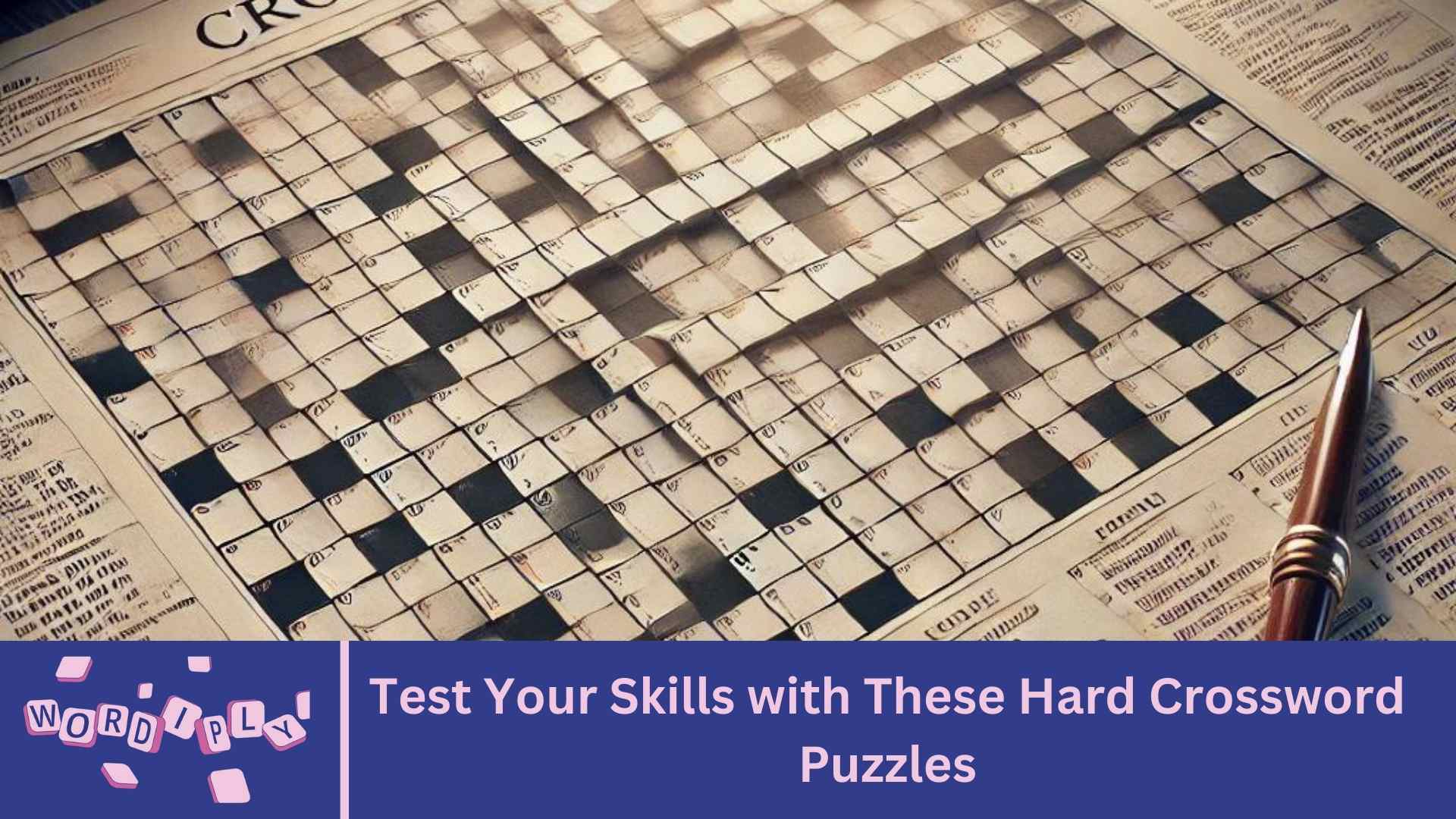
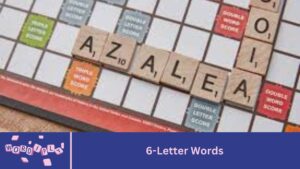
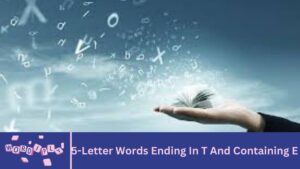
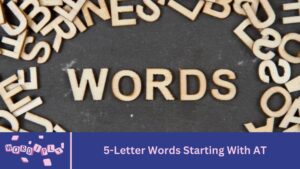
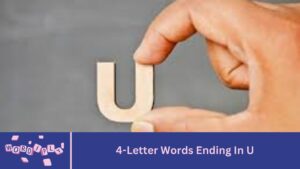

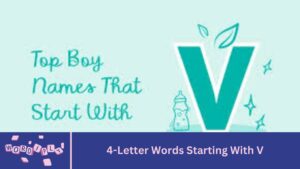
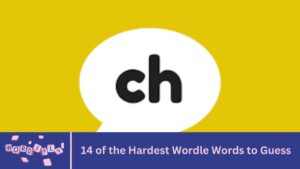
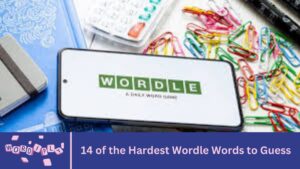
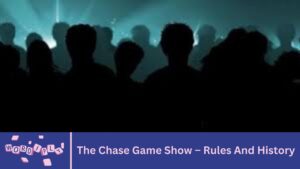
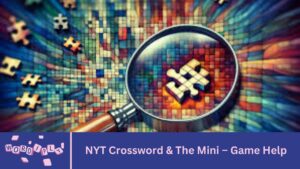
![Science Fiction Book Sales Statistics [2023]](https://wordiplypro.com/wp-content/uploads/2024/09/Add-a-heading-17-300x169.jpg)
